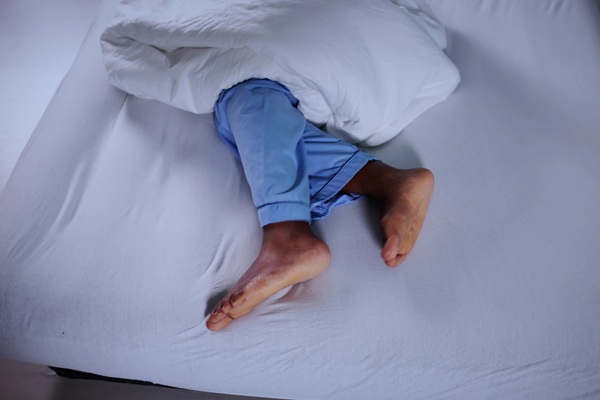TMS Treatment Process FAQs

The TMS treatment process is an alternative option for people with treatment-resistant depression, those who react adversely to antidepressants, and patients looking for a drug-free approach to treating depression.
Transcranial magnetic stimulation (TMS) includes sending magnetic waves into a patient's brain to help with the symptoms of depression. It is an effective alternative that the Food and Drug Administration approves as a treatment for depression. It is also approved for treating obsessive-compulsive disorder.
Frequently asked questions about the TMS treatment process
Thinking about giving transcranial magnetic stimulation a try? Let us go over the answers to some of the questions you might have:
1. What makes TMS therapy so effective?
TMS therapy helps to improve a patient's brain chemistry by targeting areas of the prefrontal cortex that regulate emotions and mood. People with depression typically have reduced activity in these areas. The magnetic waves sent into a patient's brain during TMS treatment sessions are converted into electric charges in the brain, stimulating an increase in brain activity. This usually leads to a significant reduction in the symptoms of depression.
2. Is the TMS treatment process painful?
TMS therapy is a non-invasive treatment that does not cause any pain, negating the need for sedatives or anesthetics. All patients feel during the treatment is a light tapping sensation on their forehead caused by magnetic waves entering their skulls.
The magnetic coil used for transcranial magnetic stimulation makes a loud clicking noise, so earplugs are provided to patients to protect their ears. Patients are usually free to drive themselves home and return to their regular activities right after each treatment session.
3. Who needs TMS therapy?
TMS therapy is for patients who have taken antidepressants for over six weeks without experiencing any noticeable improvements. This is known as treatment-resistant depression. TMS therapy often provides relief for such patients where antidepressants have failed. Transcranial magnetic stimulation is also for people who would rather not deal with the side effects of antidepressants and those looking for a medication-free approach to treating depression.
4. What are the side effects of TMS therapy?
TMS therapy typically does not lead to significant side effects. However, some patients report a tingling sensation on their heads or headaches after TMS treatment sessions. These side effects often go away as the patient gets more treatments. In less than 0.01% of cases, TMS therapy patients get seizures as a side effect. People who have a history of seizures are typically not eligible for the treatment.
5. Are TMS treatments safe?
Yes. TMS treatments are a safe way to treat depression, and the FDA approves the procedure. People who get TMS therapy can usually get back to their regular routine right after. There is no evidence that indicates TMS therapy can lead to cognitive impairment.
However, TMS therapy is not recommended for people with metal plates or screws in their heads. People who wear metal braces or have metal fillings can still get the treatment.
Restore your quality of life
Our psychiatrist can help you to get past the symptoms of depression and improve your quality of life. Call or stop by our New York clinic to set up an appointment.
Request an appointment here: https://www.hopetmsofny.com or call Hope TMS and Neuropsychiatric Center at (646) 578-8152 for an appointment in our New York office.
Check out what others are saying about our services on Yelp: TMS Treatment Process in New York, NY.
Recent Posts
Restless leg syndrome can make evenings difficult by creating an urgent need to move the legs when the body tries to rest. Considering symptoms like crawling or pulling often intensify at night, sleep quality can drop, and daytime energy can follow. With the right support, many people can manage their symptoms and get a good…
PTSD syndrome can shape your daily experiences in significant ways, from your emotional balance to your physical health and personal stability. Symptoms of PTSD can become an invisible burden that affects your routine and interpersonal connections. While these symptoms vary from person to person, they can impact every corner of your life without the right…
Adult ADHD therapy supports individuals navigating challenges with focus, time management, and emotional regulation. While attention deficit hyperactivity disorder, or ADHD, is commonly diagnosed in childhood, its symptoms can persist into adulthood, often interfering with careers, relationships, and daily tasks. Professional therapy offers a structured approach to managing these difficulties and building long-term strategies for…
Transcranial magnetic stimulation, also known as TMS treatment, is an innovative and noninvasive therapy for several mental health conditions. By using magnetic fields to stimulate specific areas of the brain, TMS is an effective treatment for cases where traditional methods have provided little to no relief. It is important to know which mental disorders are…


